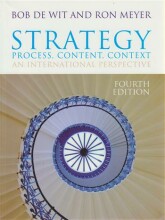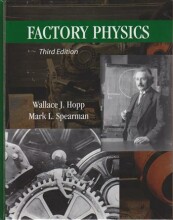From Populist Revolution to Communist Dictatorship
5 important questions on From Populist Revolution to Communist Dictatorship
Why, according to Edward Acton was it so strange for the popular revolution to have changed rapidly into a rigid, centralised, doctrinaire one-party dictatorship?
- village assemblies
- factory committees
- soldiers' committees
According to Edward Acton what are the importance of Bolshevik ambitions and doctrines in explaining the move from Popular Revolution to Communist dictatorship?
What are possible reasons for the Bolshevik authoritarian policies according to Edward Acton?
- desperate economic situation
- desperate military situation
- arrogance born of victory in October
- authoritarian strains in Bolshevik ideology
- corruption of power
- Higher grades + faster learning
- Never study anything twice
- 100% sure, 100% understanding
Why did the Civil War mean that many workers and peasants had to rally to the Bolshevik side rather than changing their policies?
- To most workers and peasants the choice seemed to either be to permit the restoration of landlords (with the white army)
- Or to forfeit the gains of 1917 and rally to the Bolshevik side to stop the rise of a right-wing regime; although this made it much more difficult to resist the trend towards authoritarian practices amongst the Reds
What are examples of the Bolsheviks not acting according to Bolshevik/Socialist ideology?
- massive conscript Red Army
- Red Army wasn't based on soldiers' committees but traditional hierarchical lines
- harsh military discipline
- forcible grain requisitioning by armed officials of the Food Commissariat
- 'high-handed' managerial control in nationalised industry
- introduction of work books
- introduction of piece-rates (payment for results not time spent)
- introduction of bonus incentives
- labour camps
- arbitrary repression by the political police (Cheka)
- sweeping censorship
- forcible suppression of rival socialist parties
- Bolsheviks held monopoly over decision-making power in every public institution
- Party became a highly centralised
The question on the page originate from the summary of the following study material:
- A unique study and practice tool
- Never study anything twice again
- Get the grades you hope for
- 100% sure, 100% understanding































